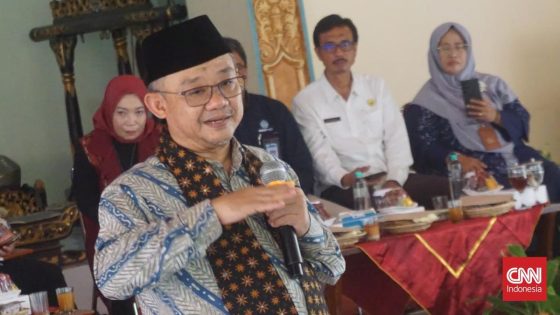In a significant shift for education in Indonesia, the new format for the Ujian Nasional (UN) will be implemented for high school students in November 2025. This change aims to better support students transitioning to university. But what does this mean for students and educators alike?
- National Exam (UN) scheduled for November 2025
- New format aims to assist college admissions
- Elementary and middle school exams in 2026
- Assessment will not determine graduation
- 'Exam' terminology will be replaced
- New evaluation concept to be announced soon
On January 21, 2025, the Minister of Education, Abdul Mu’ti, shared that the revised UN will not determine graduation, marking a departure from traditional assessment methods.
What Changes Can Students Expect from the New Ujian Nasional Format?
How will the new UN format impact students? The upcoming changes are designed to provide a more supportive evaluation process. Students will benefit from a system that prioritizes their readiness for higher education rather than merely passing exams.
Key Features of the New Ujian Nasional Format
The revamped UN will feature several key elements that distinguish it from previous assessments. Here’s what to look out for:
- New evaluation mechanisms that do not include the word “ujian”.
- Focus on preparing students for university entrance requirements.
- Implementation for high school students in November 2025, with SD and SMP following in 2026.
- Evaluation will not determine graduation, promoting a stress-free learning environment.
Understanding the Shift from Traditional Exams to New Evaluations
The decision to eliminate the term “ujian” marks a significant cultural shift in Indonesia’s education system. This change aims to reduce pressure on students and encourage a more comprehensive understanding of subjects.
Implications for Future Education in Indonesia
This new approach could influence educational practices in Indonesia for years to come. By focusing on student readiness for higher education, the government hopes to align educational outcomes with global standards.
As Indonesia moves towards this new educational paradigm, it raises questions about how these changes will affect student experiences and outcomes in the long run. Will this new format truly enhance learning, or will it create new challenges?





























